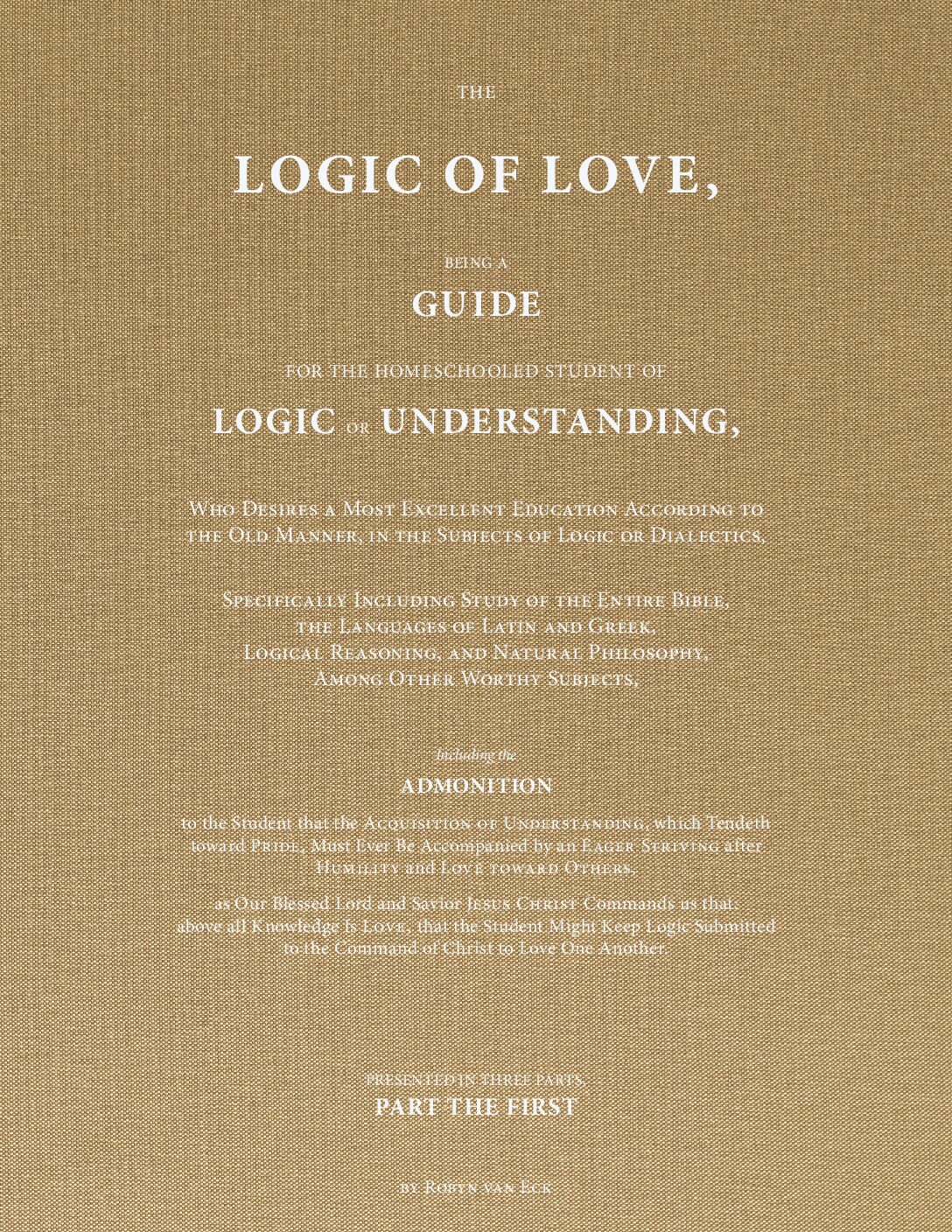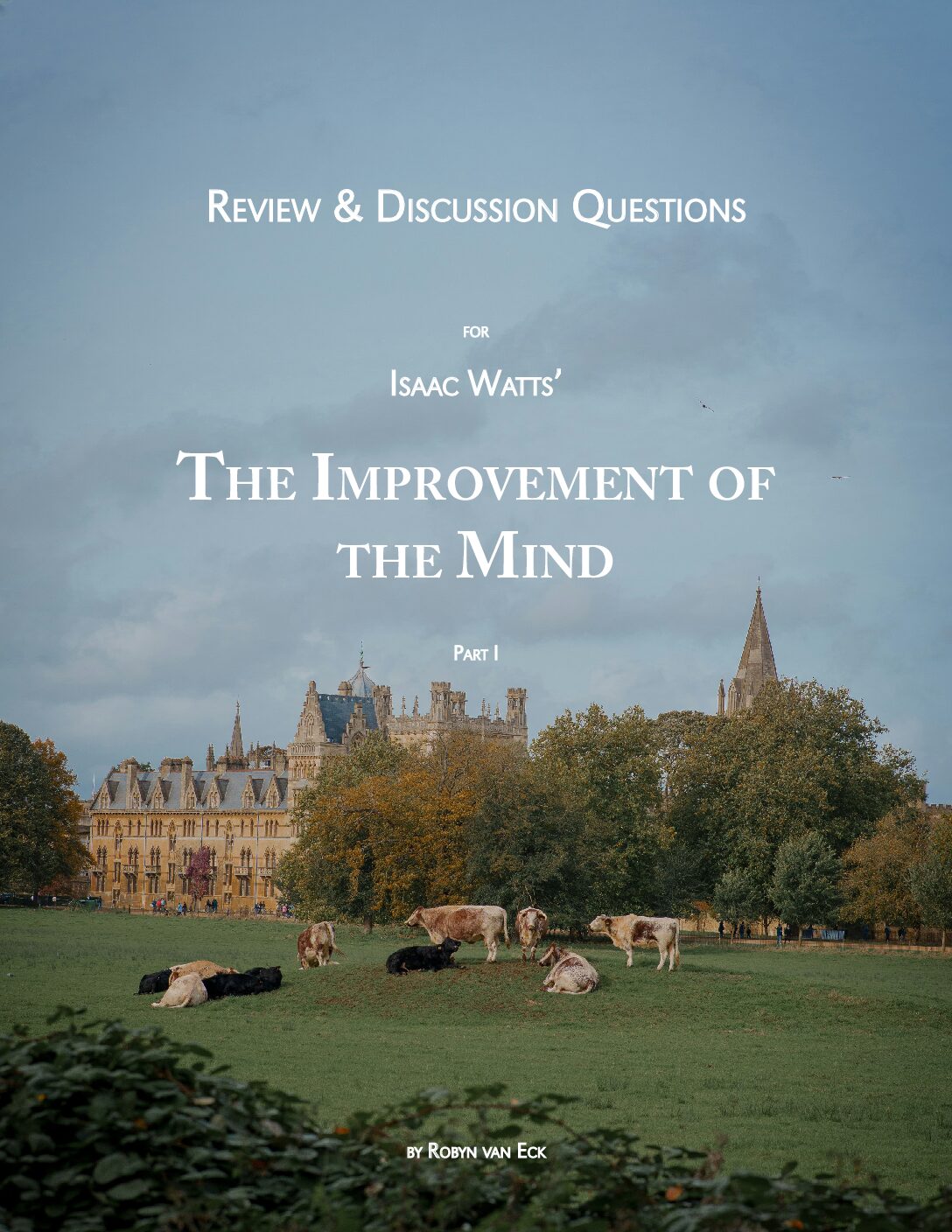Photo by Andres Urena on Unsplash
Gen Xers have witnessed smart phones and personal computers transform the world in the last 25 years. We had none of these devices in our homes when we were growing up, but here in our adulthood, these devices have become absolutely essential to much of life.
Do the budget; pay the bills; buy a book for homeschool; show the children a video of an elephant; look up a recipe; learn how to repair the washing machine. I could go on and on; we use our PCs and smart phones constantly—and our children have grown up thinking that is normal, because that is all they have ever seen.
Grammar of Grace itself is about as old-fashioned as you can get… yet here we are together, families from around the world talking Christian education, through our little screens in our own homes. I daresay the Puritans couldn’t have imagined that!
But evidence—from our own personal observations to Ivy League research studies—seems to indicate that using these devices can cause harm to children and youth. How can we do the best for our children—balancing making use of the good things these tools offer, against concerns about potential harms they might cause to the next generation?
In Part 1 of this series, we looked at the problem; in Part 3, we’ll look at my suggestion for a practical solution; but here in Part 2 we’ll see if we can figure out how to look at this question the right way.
What does the Bible say about this?
1. The Medium.
What sort of things are smart phones, laptops, and other computers? What category should we place them in?
These technologies are mediums (or media).
A medium is a go-between—the thing that carries something from one person to another. In this case the mediums are carrying information.
If a person speaks with you directly, then you are receiving information straight from him, with no medium. But if he uses anything to communicate with you, the thing he’s using is the medium. It’s like a “vehicle” that carries information to you.
When you talk with your friend on the phone, you are speaking through the medium of the phone. When you watch President Trump give a speech on TV, he is speaking to you through the medium of the TV. And so on; books, videos, online articles, etc. are all mediums that carry information from a source to you.
The devices we’re talking about in our discussion about technology & education—computers, smart phones, tablets, etc.—are mediums, carrying information from one person to another.
They’re a little bit invisible, because we’re usually focusing more on the actual information we’re getting through a medium. But we shouldn’t ignore this part of the discussion; the mediums do matter.
What does the Bible say about mediums/media? Are they all good? Are they all bad? Are some better than others? How should we form our thoughts about mediums?
2. Evaluating the Medium.
I have heard the introduction of smart phones compared to the invention of the printing press. I’m sure there were people who thought it was terrible for society that kids were reading all the time in the 1500’s, just like people think that it’s terrible kids are staring into their iphone screens so much today!
First, let’s dispense with the notion that saying, “I’m sure the people of those days did/thought [and then fill in the rest of that sentence with whatever you imagine]” is doing History. I’m not an esteemed historian, but I do love reading books from and about this period, and I’ve never even seen a hint of such a sentiment. You can’t just imagine whatever you think history might have been like and then treat that like evidence of a wise lesson to be learned from history!
But let’s deal with the claim itself. The printing press was a wonderful invention that allowed a printer to print several pages filled with words in a matter of seconds—when for the preceding 5,500 years of human history, texts had to be copied by hand! Virtually overnight, it transformed the world. Instead of written documents being expensive and scarce, the Western world was suddenly filled with pamphlets and books, for most anyone to read—which soon spread to the rest of the world. Knowledge and learning became accessible to common people like it never had before in human history.
If you know your history, you know that the most important thing Gutenberg and the other early printers printed was the Bible. For the first time, it became possible for everyday Christians to have their own copy of God’s Holy Word. Praise God!
So, is the invention of the smart phone just the same as the invention of the printing press?
Well… what do you mean by “just the same as”? If you’re talking about an invention so singular that society was transformed within a generation because of it, then, yes, I can agree that these inventions seem to be similarly impactful. Along with the invention of the automobile and the airplane.
But if you’re saying that the invention of the smart phone is just the next step in spreading the printed word, like the printing press was in the 15th century, then I must disagree.
Because while the printing press made it much, much faster and cheaper to produce the written word, it did not change the medium of the written word at all. It was still black ink on white paper. The printing press just allowed us to get the ink on the paper a lot faster.
But smart phones and computers are not ink on paper at all.
First, they carry a lot more than written words—they have games, videos, audios, and pictures. They have shopping, video calling, and chat rooms. They compute our budgets and schedules. This is clearly an entirely different medium. Our digital devices are capable of transmitting the written word to us like a book, but that is not their primary purpose. Again, it’s an entirely different medium.
Second, even when we’re consuming written words on our screens, it’s not a physical, tangible surface we’re reading from, but instead we’re staring at light on a screen. You can’t highlight or mark the points that stand out to you. There are serious concerns about the effect of staring at these screens on our eyesight. Finally—and this is something that I think is a very real possibility as the internet becomes more dominated by a powerful few—people can change the words on the screen, and you’d never know it.
If someone wanted to change up some verses in my Bible without my knowing it, if would be impossible. They would have to sneak into my house, secretly replace my Bible with a “corrected” one, and make sure all the wear-and-tear of my Bible was copied, so I wouldn’t notice that this wasn’t my actual Bible. And that wouldn’t even deal with all of the other books on my shelves. And then, when I talk with my friends, I’d notice their Bibles still had the old verses I’d remembered. The baddies would have to secretly replace all of the Bibles in everyone’s houses, all at the same time. It’s absolutely impossible.
But if they want to change up some verses in the Bible, and everyone’s using digital texts through their computers or smart phones, well, easy peasy. Just make the changes, and everyone’s Bible verses are “corrected” to have the new, “right” ideas, overnight.
Perhaps you think that’s not worth being concerned about. Perhaps not. But it is another example of how digital devices are a very different medium from the printed word, and one that has some notable negatives.
3. The written word.
Which brings us to an important point about mediums: There is one medium that is set apart from all others, and put in a separate category by itself—the written word.
The written word, from a Christian perspective, is entirely separate from all other mediums, because that is the medium—and the only medium—that God has chosen to use to reveal Himself to mankind.
Have you ever considered that God could have used video to reveal Himself to us? He could have had sculptures and paintings made of the events of the Bible, so we could see what those people and events looked like. But in His perfect wisdom, He chose only the written word, and nothing else.
We can debate the merits of every other kind of medium. But the written word is endorsed by God Himself. We Christians believe that teaching our children to master reading and the medium of books is necessary to their life and godliness. And no other medium has that priority, or can be placed in the same category with it.
So when we consider social media, smart phones, computers, radio, TV, and any other medium, we want to create a big black line of separation in our minds between any of these media and the written word.
Different media might have their strengths or weaknesses. Even if the content on the television is good, is the flashing screen harmful to our brain function? Even if our friends on social media are sharing good ideas, are the endless scrolling and “like” button creating dopamine addiction that is harmful? There are very real concerns about these mediums.
But the written word is unquestionably a good medium. We know this because God used this medium to communicate to us. And we know there’s something special about this medium, as well, by the fact that He did not use any other medium. This is not to say that other mediums are bad, in and of themselves. But we cannot consider them unquestionably good, as we can the written word.
When it comes to education, it is important that we teach our children to read—and to read with understanding and insight, so that they can read God’s word. Our children cannot be noble-minded, like the Bereans, daily searching the scriptures to see whether the things Paul taught them were so, if they cannot read the scriptures with understanding.
But it is not important to teach our children any of these other technologies, in any spiritual sense.
4. Tools.
With that groundwork laid, let us consider the mediums of smart phones, PCs, and the rest of the “tech” world, and consider how good or bad they are.
In the end, these mediums are tools. God commanded mankind to take dominion over the earth, and to subdue it. Part of how we fulfill that command is by making tools, which is generally a good thing.
Even when mankind is moved by evil motivations, such as the desire to kill, the tool itself is not inherently evil. Only the person with self-will can commit wicked actions. Consider a knife, which may be used to murder, but is very useful for crafts and cooking.
However, some tools can be more helpful—and some less helpful—than others.
Consider if you needed to paint a room. You chose to use a tool to do it: an artist’s paintbrush. This tool would keep you from getting paint all over your hands, so you wouldn’t have to spread the paint like a baby with fingerpaints. That would be helpful. But it would take you days to get the room painted, and you would probably have some sort of carpal tunnel syndrome by the time you finished. Less than ideal. A more helpful took would be a paint roller, along with a larger painter’s brush; with the two of those, you would get the whole room done in a few hours.
Now, what if you chose a toothbrush to paint the room instead? Or a hammer?!
The biblical principle is: first, tools are good; and second, we should use good judgment to figure out if the tool in question is helpful for the purpose we have in mind.
I am deeply concerned that these screen-based tools are causing harm to children and youths, far greater than any benefits the young’uns get out of them.
The rising generation has shortened attention spans, antisocial behavior patterns, and skyrocketing rates of “mental health” problems—all of which have been tied at least in part to use of these screens. So has the sharp decline in critical thinking, reading comprehension, and mathematical ability that we’ve seen in the last twenty years. There probably are other factors at play, but research studies and our own common sense teaches us that placing our children in front of these screens is a big part of the problem. God designed us to interact primarily with each other, and through the written word. It is a radical shift in human society that people are now more interested in interacting with their screens than the physical world around them.
On the other hand, I know for a fact that not-having screen time definitely cannot harm a child, because for 6,000 years people raised children without these screens, and the not-having of them didn’t harm those children.
So these tools might have their uses. Or, perhaps, we’ll find them as helpful for educating our children as a hammer for painting a room.
5. Phil. 4:8.
But briefly, let’s consider the content that our children are receiving through home computers and smart phones. What kind of content can we expect our children to be receiving through these mediums?
But we all know the answer, don’t we? Otherwise, I wouldn’t even have to bring it up.
I won’t go into detail here, because you are surely already well aware that the online world is a cesspool of pornography, false information, hateful attacks, and every kind of wickedness and deception. There are already plenty of good articles in the Christian education world covering this ground quite well. Suffice it to say that if someone in your own neighborhood was a fount of information about history, but he showed the children pornographic images and every story came laced with Marxist revisionist history, you would not send your children over to his house to learn history. No, you’d find your history elsewhere.
Our duty is to train our children so that when they are adults they will be discerning enough to watch out for and defend themselves against the evil that seeks to destroy their souls. But when they are children, they do not have that discernment yet; that’s why God gave them parents. How can we send them into that cesspool by themselves?
We must embrace the command of Philippians 4:8: whatsoever things are true, whatsoever things are honest, whatsoever things are just, whatsoever things are pure, whatsoever things are worthy love, whatsoever things are of good report, if there be any virtue, or if there be any praise, think on these things.
For those of us who choose to allow screens to be a part of our children’s lives, we have a duty to our children to protect them, by ensuring that whatever they partake of through those screens passes the Phil. 4:8 test.
6. Personal judgment.
The final biblical principle that applies here is this: It’s up to you.
God has made each one of us differently, and with different judgment. And He entrusted our own children to us, and not to anyone else.
In short, we’re going to come to different conclusions, and it is perfectly fitting that other people will make different choices for their children. In fact, in a group of five different God-fearing parents, it might be that they approach this question five different ways.
If God wanted all children to be raised the same way, He would give all of the children to one set of parents. But He creates every single parent differently, and then entrusts to each of those parents exactly the children He wants them to raise.
When we have a tough decision to consider, our calling is to pray to Him for wisdom, gather as much information as we can about it, and then use the minds He gave us to make the decision we think is best.
And that’s it.
We need not worry about it. We can trust that He was in control of what information we were getting through reading, asking for wise counsel, or any other source. We can even trust that He is ultimately directing our thoughts.
Christians, God loves you; His plans for your children are perfect; and He is kind and will answer your prayers for wisdom. Fear not; trust God; be diligent to do right, and trust the results to Him.
With that said, if you’d like to know what I decided to do with my children—in the vein of getting ideas—read on in Part 3: A Solution.
Do you think there are any biblical principles that apply to this Question that I’ve missed? Would you answer What does the Bible say about this? differently? Share your thoughts in the comments below!
Thanks for dropping by; please keep us in prayer!
Recommended Resources
-

Grammar of Grace
Price range: $89.00 through $148.00 Select options This product has multiple variants. The options may be chosen on the product page -

The Logic of Love: Understanding 1
Price range: $45.00 through $60.00 Select options This product has multiple variants. The options may be chosen on the product page -

Review & Discussion Questions for Isaac Watts’ Improvement of the Mind
Price range: $24.00 through $32.00 Select options This product has multiple variants. The options may be chosen on the product page


